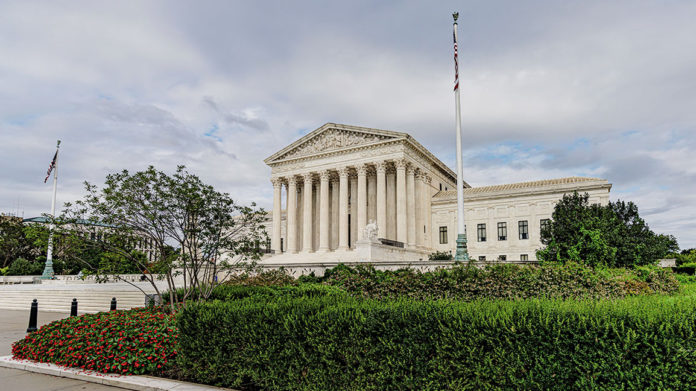WASHINGTON, D.C. – The Supreme Court is preparing to hear oral arguments on Nov. 9 in Brackeen v. Haaland, a case that could reverse the Indian Child Welfare Act (ICWA) – a law which establishes basic requirements to protect Native American children from continued forced removal from their families, tribes, and tribal culture.
The American Civil Liberties Union (ACLU), along with 12 ACLU state affiliates and represented by Cooley LLP, filed an amicus brief to the Supreme Court urging the court to uphold the constitutionality of the Indian Child Welfare Act. ICWA was passed by Congress in 1978 to address the nationwide epidemic of Native children being discriminatorily removed from their homes by child welfare agencies and placed into non-Native homes at disproportionate rates. ICWA requires state courts to make active efforts to keep Native families together, and it applies to children who are citizens or eligible to be citizens of a federally recognized tribe.
The ACLU’s brief argues that the Supreme Court has repeatedly upheld federal laws that, like ICWA, specifically apply to tribes and has recognized these laws are rooted in tribal political sovereignty rather than race.
“To roll back the protections the Indian Child Welfare Act provides could return us to an era where Native children were indiscriminately torn from their families,” said Theodora Simon (Navajo), Indigenous Justice Advocate with the ACLU of Northern California. “This was a key part of centuries-long history of forced Native child removal as a tool of cultural genocide. It also ignores the overwhelming evidence that being removed from homes and disconnected from culture, tradition, and identity is deeply harmful to Native children. Native children have better life outcomes and deeper understanding of their cultural background when they have access to their tribes and tribal culture. The destruction of Native families puts the future survival of Native Nations and culture at risk. The Indian Child Welfare Act supports Native children, keeps Native families together, and preserves tribal culture, and it must be upheld.”















































